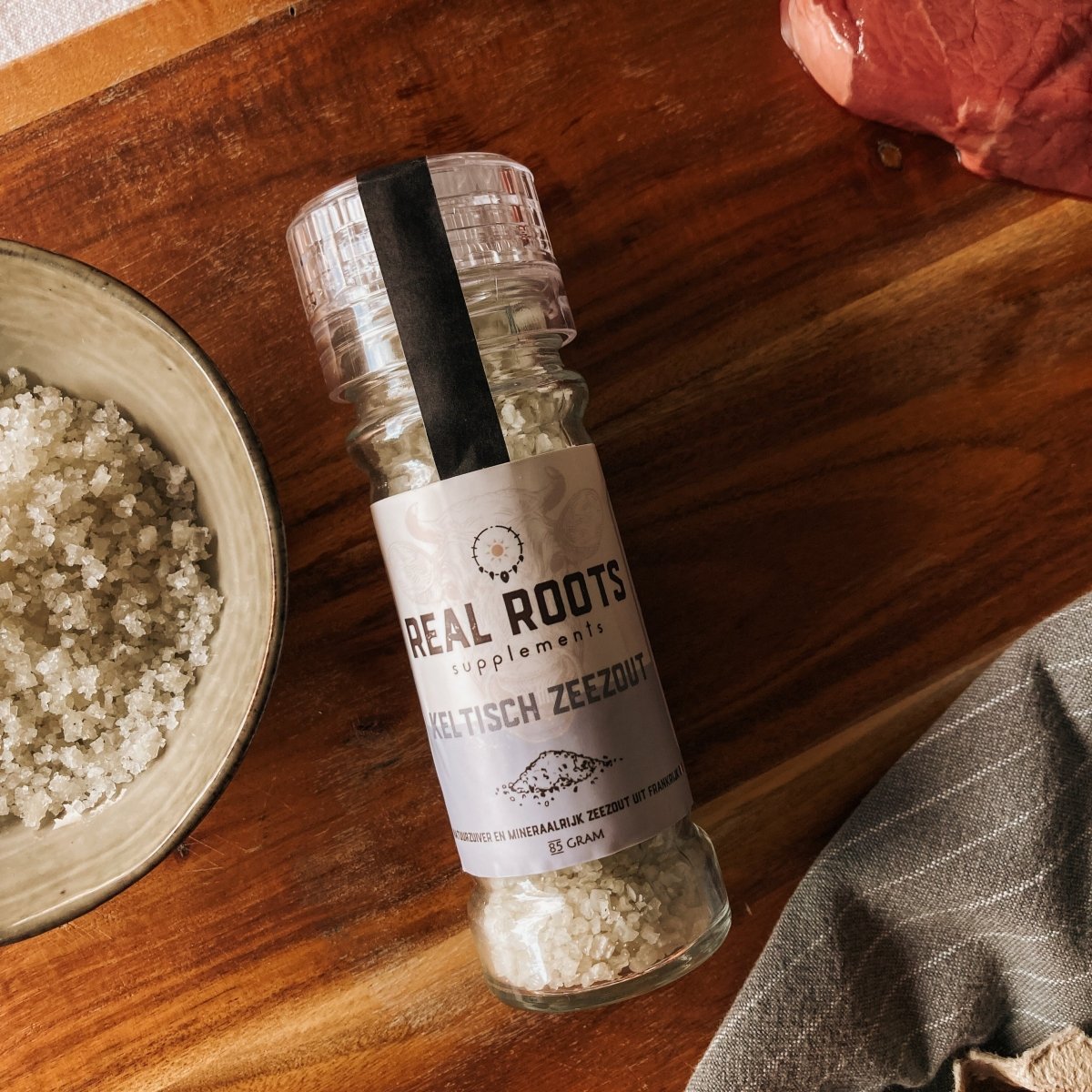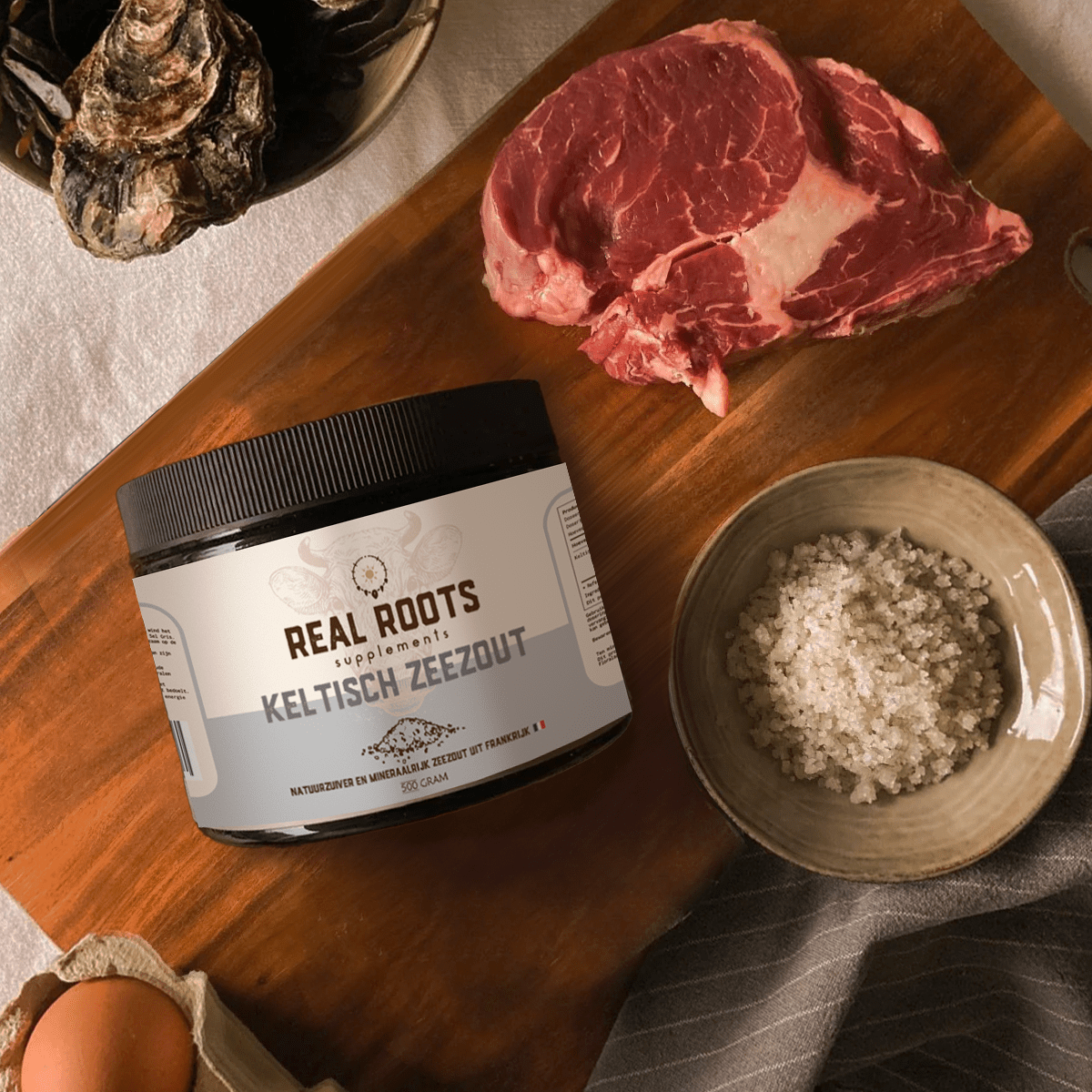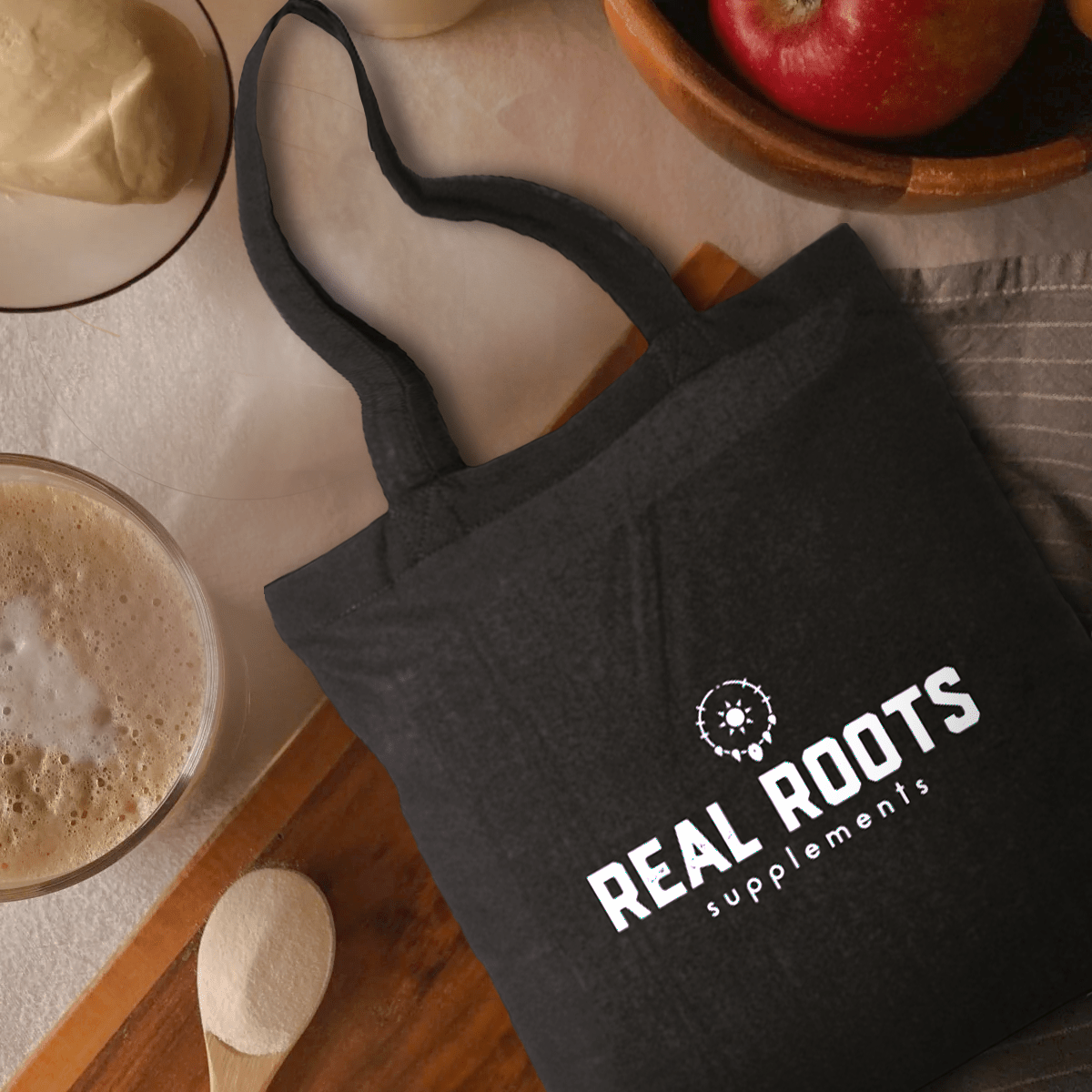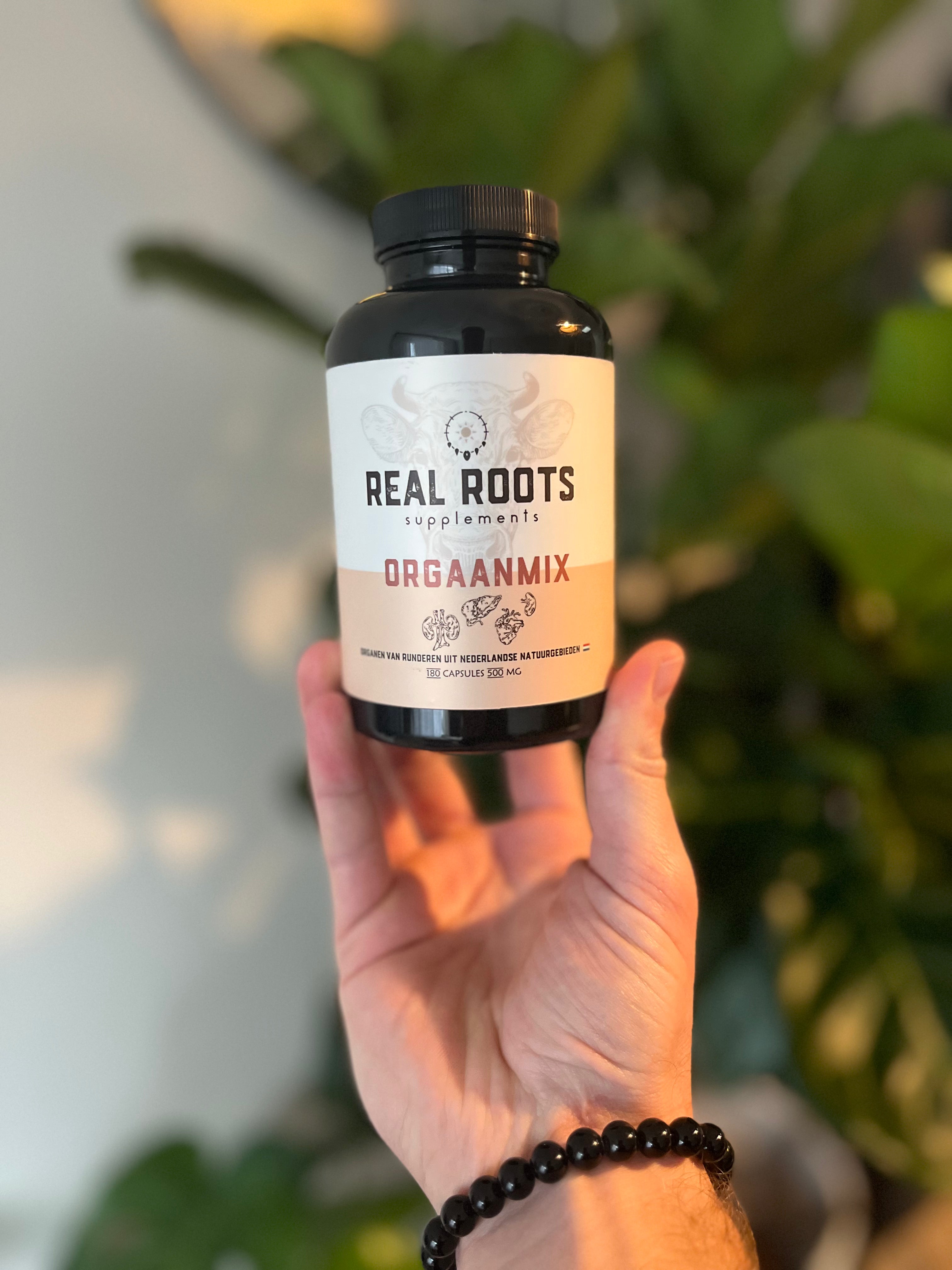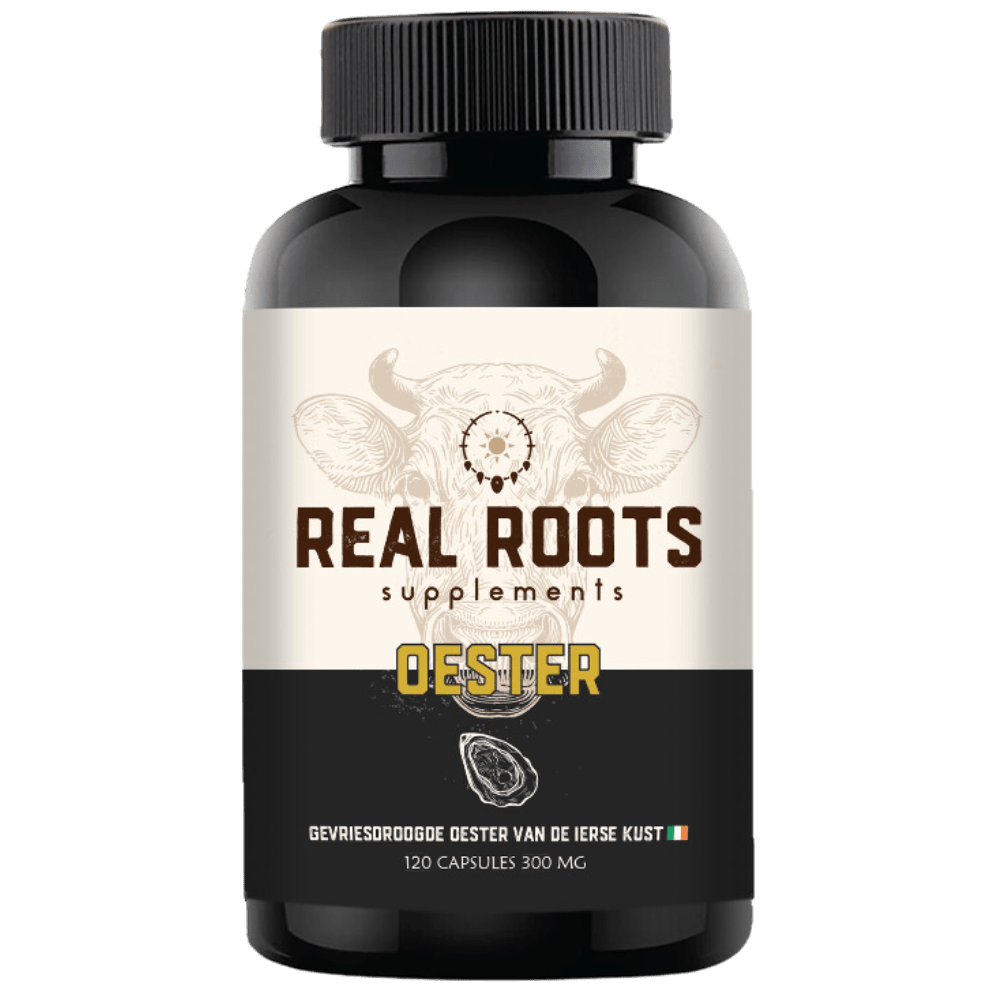
Are his oysters healthy?
Six months ago I discovered real roots. Due to broken nights, recovery from a pregnancy, and after reading Weston Price, I wanted to try organ supplements. And.. it worked!! The organ mix gained a new fan
Frequently asked questions about oysters
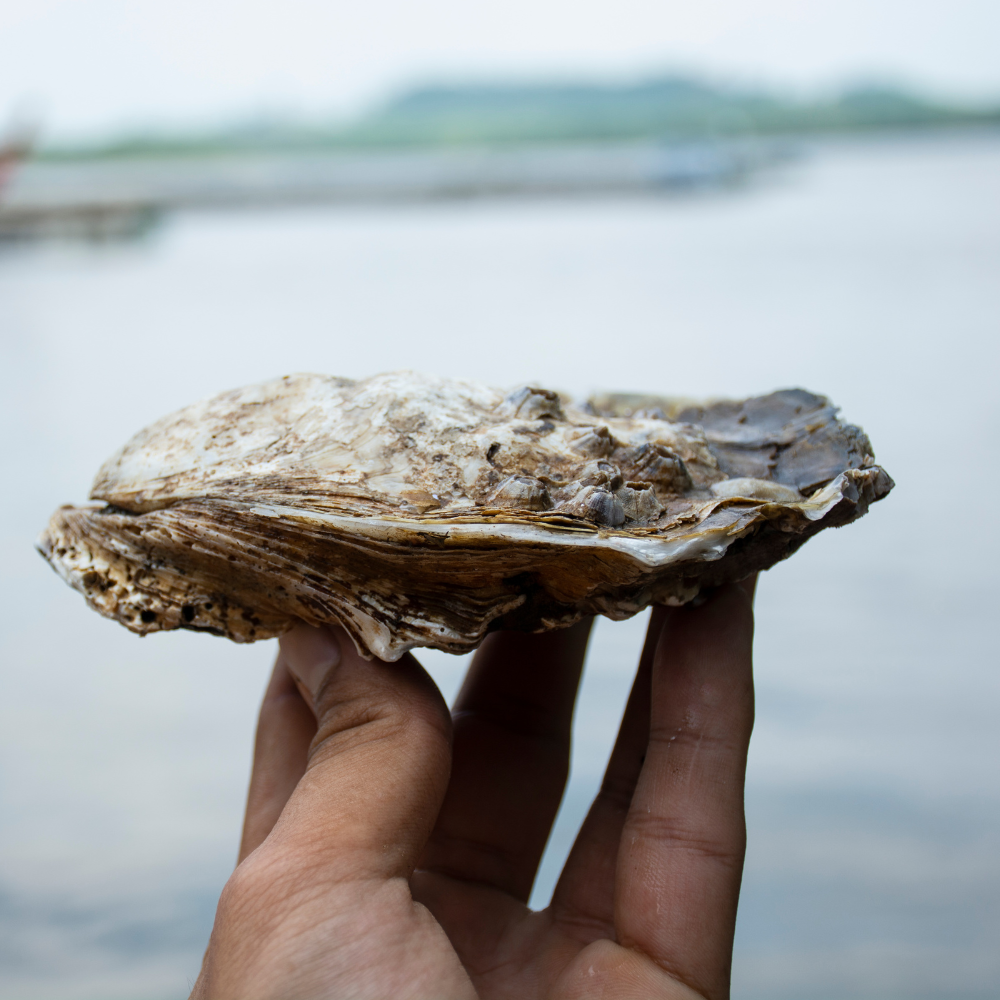
Why are oysters sustainable?
Oysters are considered sustainable because they are filter feeders that improve water quality by removing plankton and other organic particles from the water. This process reduces turbidity and supports biodiversity in marine ecosystems. They do not require additional feed, such as fishmeal or grains, to grow, which makes their ecological footprint minimal. Sustainable oyster farming takes into account the protection of natural habitats and the prevention of overfishing.
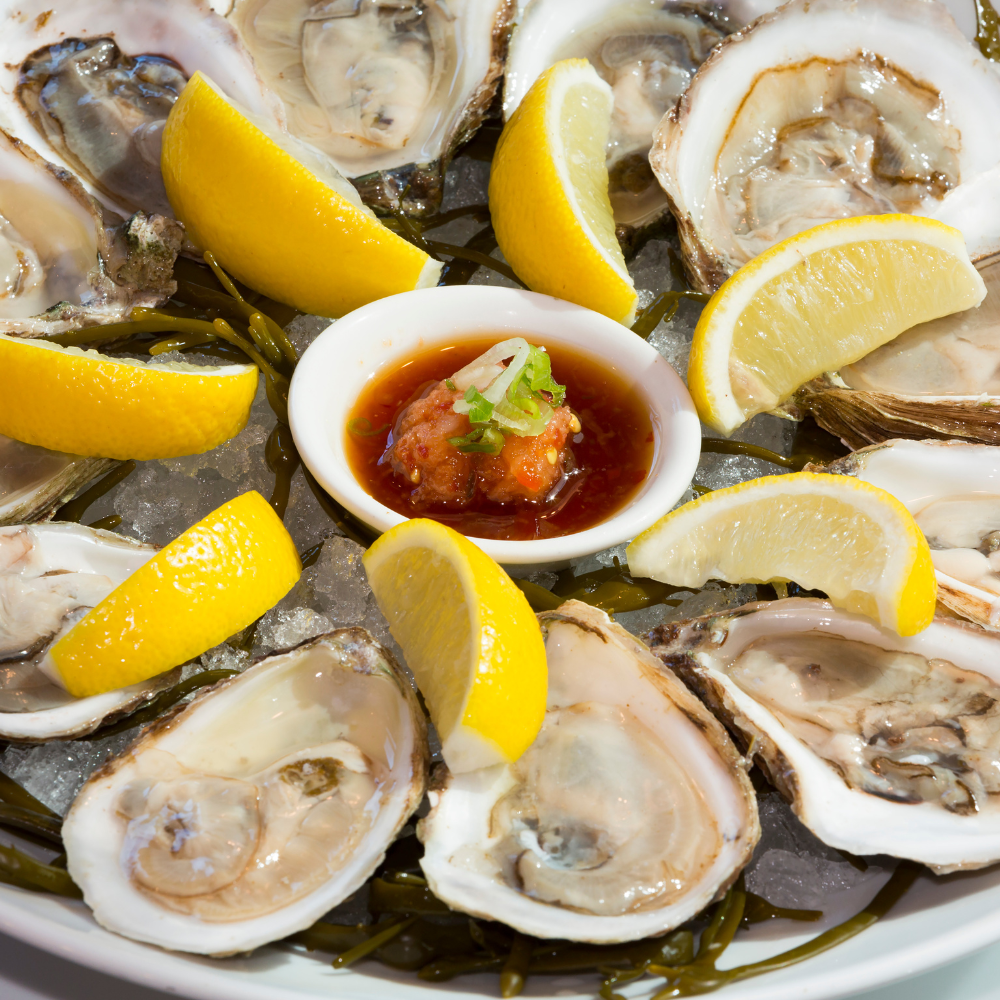
Why are oysters relatively expensive?
Oysters are relatively expensive because they have a slow growth cycle; it takes 2 to 4 years for them to be fully grown. Moreover, they require specific cultivation conditions, such as clean water and a suitable temperature. The labor-intensive harvesting process and strict quality controls also contribute to the higher costs. Wild oysters are often even pricier due to their limited availability and the complexity of harvesting.
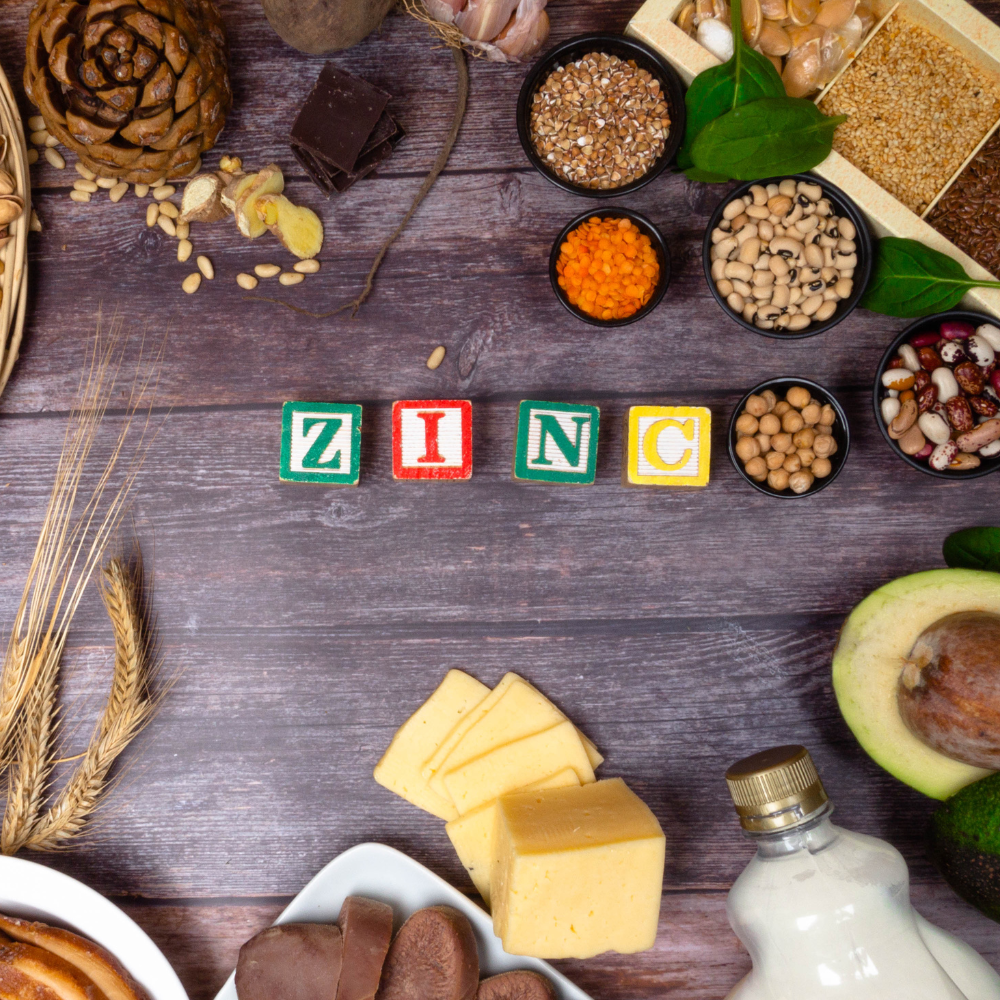
Why are zinc and copper so important?
The balance between zinc and copper is essential because these minerals compete with each other for absorption in the body. An excess of zinc can cause a copper deficiency, which is crucial for collagen production and iron transport. At the same time, zinc supports enzyme activity, the immune system, and hormone production, such as testosterone. The unique 10:1 ratio in oysters helps optimize this balance.
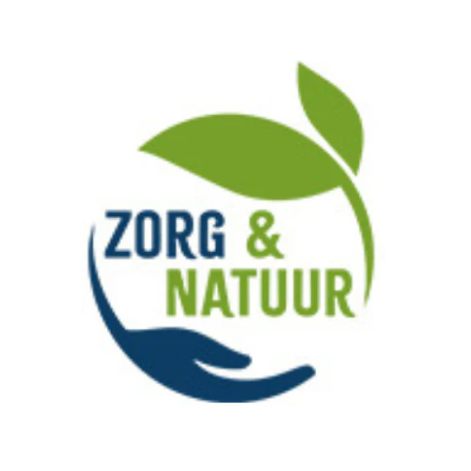
About our Partners
We obtain the pure, well-absorbable nutrients from 100% grass-fed cattle that are naturally raised in social herds, thereby guaranteeing animal welfare and sustainability.
For this, we collaborate in the Netherlands with great nature managers, such as Zorg & Natuur.
For certain products, we work with parties from Sweden & New Zealand known for their quality & beautiful landscapes where the animals can live and graze freely
This promotes health and sustainability in the long term for both humans and the environment.
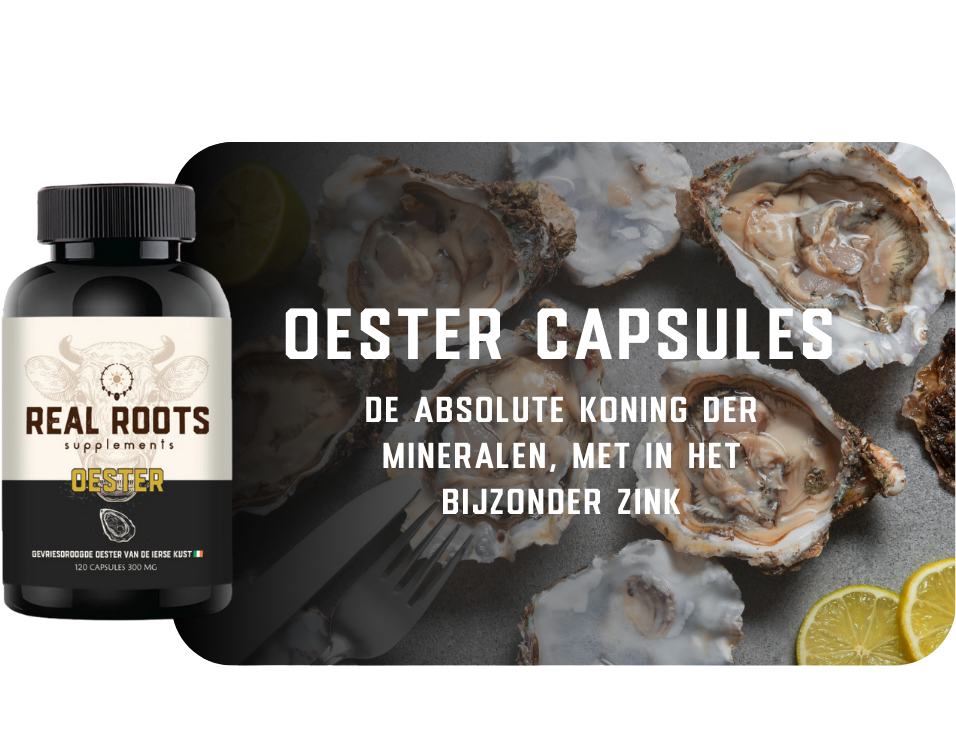
What makes the nutritional value of oysters so unique?
The nutritional value of oysters is impressive. They contain an optimal ratio of zinc to copper (10:1), which is important for a healthy metabolism and the balance of these minerals in the body. In addition, oysters provide essential amino acids and high-quality proteins. They are also low in calories, making them ideal for people who watch their diet.
Calories in oysters:
An average serving of oysters contains only about 70 calories per 100 grams, making them a nutritious choice that fits into a healthy diet.
Frequently asked questions
How many oysters can you eat per day?
There is no officially established maximum, but moderation is important. Eating 6 to 12 oysters at a time is often considered safe and healthy, depending on your nutritional needs and any allergies.
How much does an oyster cost each?
The price of an oyster varies depending on the type and origin. On average, an oyster costs between €1.50 and €3.00 each at a fish shop or restaurant.
What do oysters taste like?
Oysters have a unique flavor often described as a combination of salty, minerals, and a slight sweetness, with a soft, fresh texture. The taste can vary depending on the origin of the oyster and the type of water in which they have grown.
